US News
Good News for Shoppers Who Love Buy-Now, Pay-Later Programs
The Consumer Financial Protection Bureau (CFPB) issued a new interpretive rule on Wednesday that would provide customers using buy now, pay later (BNPL) with greater protections that would normally apply to credit cards.
BNPL—which has multiple variations and is offered by companies like Affirm, Klarna, and Afterpay—allows customers to cover costs in four interest-free biweekly payments. Consumers typically have to put down around 25% of the product’s cost to initially purchase the product, though the percentage, and number of payments made, may vary.
The service is becoming increasingly popular: one in five BNPL customers say that they prefer BNPL over other forms of payment, like cash, credit, or debit cards, according to Afterpay. In the next three years, BNPL payment value is expected to reach nearly $125 billion.
Under the interpretive rule, although BNPL is not a credit card, it “does fall under the description of credit products that was already envisioned in the credit card regulation,” explains Ed deHaan, a professor at the Stanford Graduate School of Business. That means that companies that offer BNPL will have to provide consumers with fast refunds for items that were returned, give out regular billing statements, clearer disclosures, and pause payments for charges that are being disputed.
“When consumers check out and choose Buy Now, Pay Later, they don’t know if they will get a refund if they return their product or whether the lender will help them if they didn’t get what was promised,” said CFPB Director Rohit Chopra in a Wednesday statement. “Regardless of whether a shopper swipes a credit card or uses Buy Now, Pay Later, they are entitled to important consumer protections under longstanding laws and regulations already on the books.”
DeHaan says the average BNPL user will not notice a significant difference, though it should give customers more confidence when using the service. “The regulations really kick in when something goes wrong,” he says. “In those annoying cases when you do have a dispute—you buy something online, it doesn't show up, you email customer service, they're not responding to you. Now, they will.”
However, deHaan notes that BNPL will still not be required to report to credit bureaus. BNPL already allows people to use their service without looking at their traditional credit scores, opening up the service to people who may have been barred from opening a credit card. “[Research] actually finds that the average user starts having pretty immediate indicators of financial distress after first using BNPL,” deHaan says, referencing a report he wrote.
The new regulations are not fully concrete. Changes won’t be seen for at least another two months, and the CFPB has opened the interpretive rule to comments, which will be accepted until Aug. 1.
Klarna, which offers BNPL, said in a May 22 statement that while the new guidance “does not require any major changes to Klarna’s Business,” its “baffling” that the CFPB did not acknowledge the key differences between BNPL and credit cards.
-
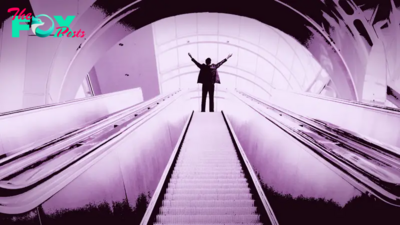
 US News1d ago
US News1d agoHow TIME and Statista Determined the Best Companies and Colleges for Future Leaders for 2025
-
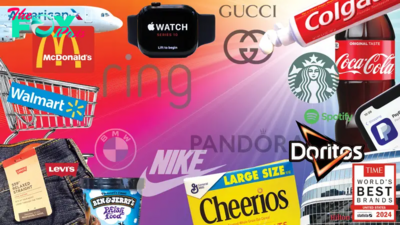
 US News1d ago
US News1d agoWorld’s Best Brands – United States
-
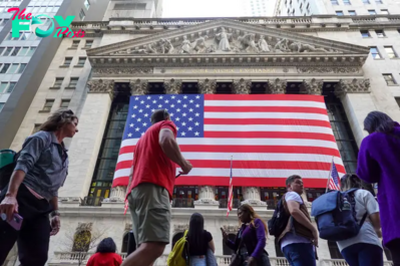
 US News1d ago
US News1d agoFlorida Man Arrested and Charged With Planning to Bomb the New York Stock Exchange
-
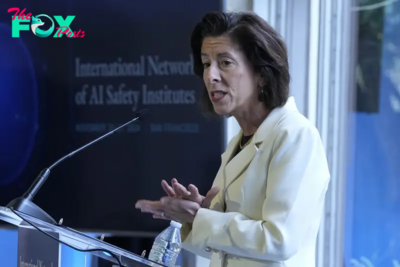
 US News2d ago
US News2d agoU.S. Gathers Global Group to Tackle AI Safety Amid Growing National Security Concerns
-
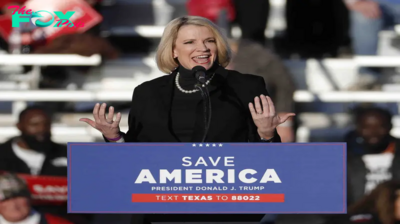
 US News2d ago
US News2d agoTexas Offers Trump Land on U.S.-Mexico Border for Potential Mass Deportations
-

 US News2d ago
US News2d ago4B Is Not the Winning Strategy to Resist the Patriarchy People Think It Is
-
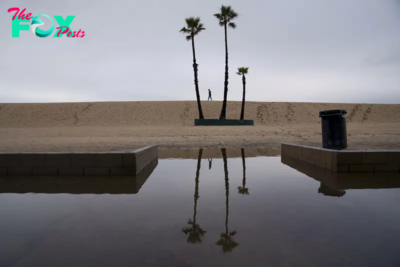
 US News2d ago
US News2d ago‘Bomb Cyclone’ Threatens Northern California and Pacific Northwest
-

 US News2d ago
US News2d agoClimate Action in Trump 2.0
















